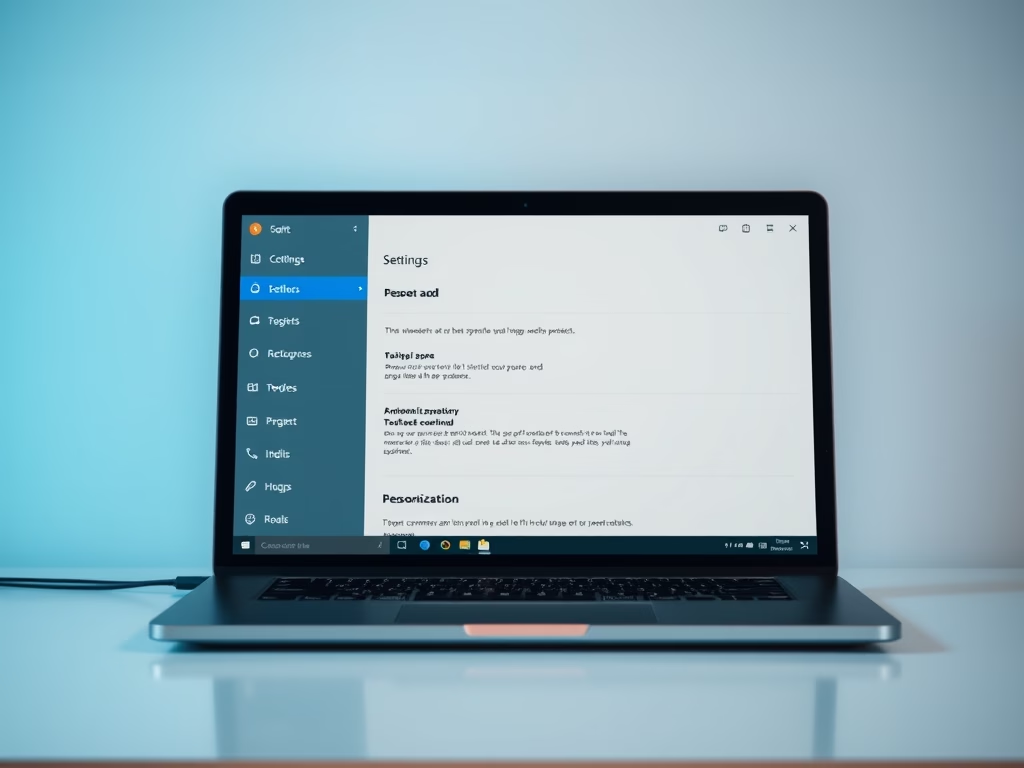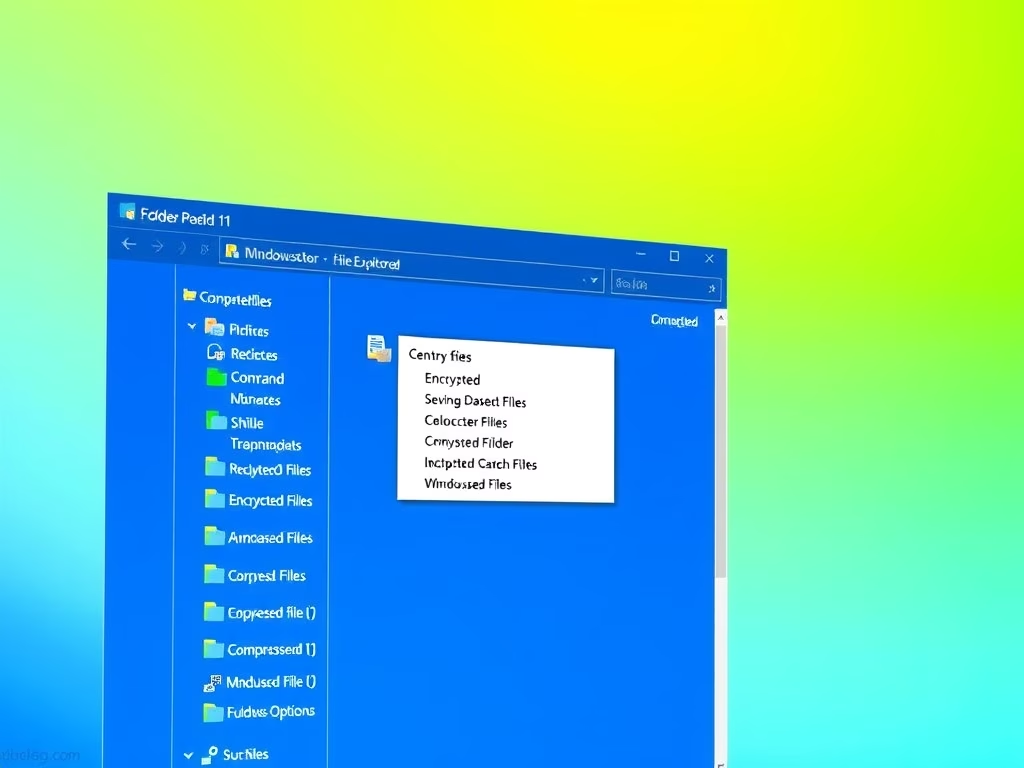This article explains how to install OpenJDK 21 on Ubuntu 24.04.
OpenJDK (Open Java Development Kit) is the open-source implementation of the Java Platform, Standard Edition (Java SE). It provides a full suite of development tools, including the Java compiler (javac) and the Java Runtime Environment (JRE), making it easier for developers to create, test, and run Java applications.
By installing OpenJDK on Ubuntu, you can easily integrate Java applications with other software and services running on the same system.
Install OpenJDK 21
All the current versions of OpenJDK packages are available from Ubuntu’s default repositories, so there’s no need to install additional packages.
To install OpenJDK 21, run the command below.
sudo apt update
sudo apt install openjdk-21-jdk
After installing all the packages, run the command below to configure Ubuntu so that OpenJDK can function properly, including setting the JAVA_HOME variable and the environment PATH.
sudo tee -a /etc/profile.d/java.sh <<'EOF'
export JAVA_HOME=$(dirname $(dirname $(readlink $(readlink $(which java)))))
export PATH=$PATH:$JAVA_HOME/bin
EOF
Activate the script by running the command below.
sudo -s
source /etc/profile.d/java.sh
Test OpenJDK
Now that OpenJDK is installed and configured, you can validate and test to see if everything works by running the command below.
java --version
It should output similar lines shown below.
openjdk 21.0.6 2025-01-21
OpenJDK Runtime Environment (build 21.0.6+7-Ubuntu-124.04.1)
OpenJDK 64-Bit Server VM (build 21.0.6+7-Ubuntu-124.04.1, mixed mode, sharing)
OpenJDK is installed and ready to use.
Choose the default
If you have multiple versions of OpenJDK installed, you can use the [update-alternatives] command to switch and set the default version to use.
sudo update-alternatives --config java
Select the Java version you wish to use as the default.
Selection Path Priority Status
------------------------------------------------------------
* 0 /usr/lib/jvm/java-21-openjdk-amd64/bin/java 2111 auto mode
1 /usr/lib/jvm/java-17-openjdk-amd64/bin/java 1711 manual mode
2 /usr/lib/jvm/java-21-openjdk-amd64/bin/java 2111 manual mode
Press <enter> to keep the current choice[*], or type selection number:
Also run the command below to choose the default javac version.
sudo update-alternatives --config javac
Choose the javac version you want to set as default.
Selection Path Priority Status
------------------------------------------------------------
* 0 /usr/lib/jvm/java-21-openjdk-amd64/bin/javac 2111 auto mode
1 /usr/lib/jvm/java-17-openjdk-amd64/bin/javac 1711 manual mode
2 /usr/lib/jvm/java-21-openjdk-amd64/bin/javac 2111 manual mode
Press <enter> to keep the current choice[*], or type selection number:
That should do it!
Conclusion:
In summary, installing OpenJDK 21 on Ubuntu 24.04 is a straightforward process that allows developers to harness the power of Java for application development. Here are the key takeaways:
- OpenJDK 21 provides a comprehensive set of tools necessary for Java development, including the Java compiler and runtime.
- The installation involves simple commands executed through the terminal, utilizing Ubuntu’s default repositories.
- Configuring the JAVA_HOME variable and updating the environment PATH ensures proper functionality of the OpenJDK installation.
- You can verify the installation with the
java --versioncommand to ensure everything is set up correctly. - Managing multiple OpenJDK versions is seamless using the
update-alternativescommand, allowing for flexibility in development environments.
Following these steps, you can effectively set up and manage OpenJDK on your Ubuntu system, which is ready for your Java development needs.




Leave a Reply